Optimal Timing for Roofing Services
Understanding the optimal timing for roofing service is essential for ensuring durability and quality. The best time generally depends on weather conditions, temperature, and humidity levels, which influence the effectiveness of repairs or installations. Scheduling during favorable weather minimizes delays and reduces the risk of weather-related damage.
Spring offers moderate temperatures and less rain, making it a popular season for roofing projects. It allows ample time for repairs before summer heat or winter cold.
Summer provides longer daylight hours and warm weather, ideal for roofing work. However, high temperatures can affect roofing materials and worker safety.
Fall is suitable due to cooler temperatures and less precipitation, providing a stable environment for roofing projects before winter.
Winter is generally less ideal because cold temperatures and snow can hinder roofing work and compromise material performance, though some projects are possible in milder climates.
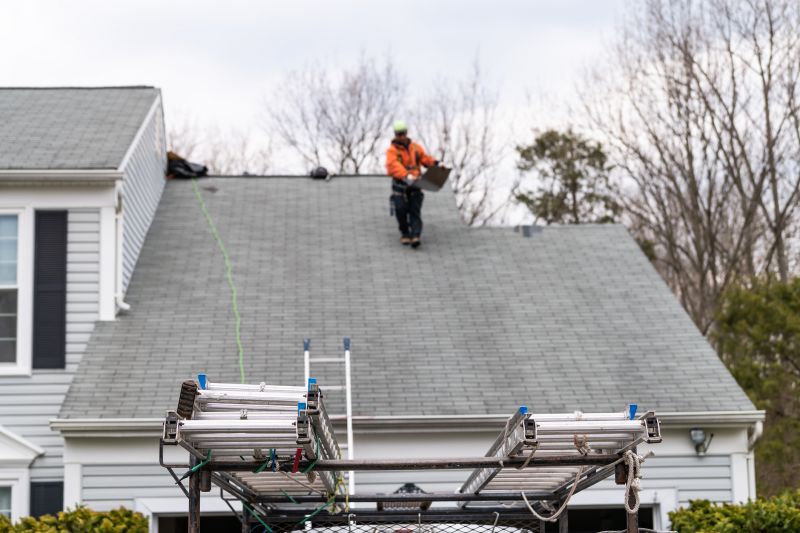
Spring's mild weather helps ensure quality installation and timely completion.
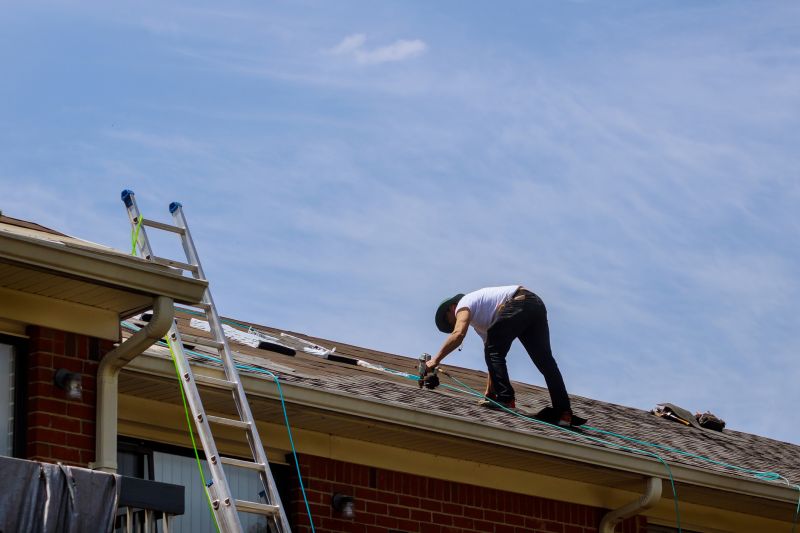
Long daylight hours and warm weather facilitate efficient roofing work.
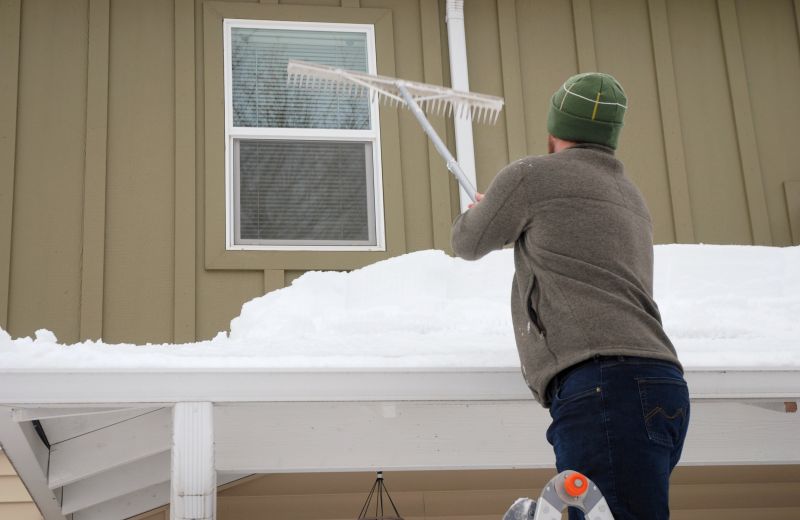
Ideal for preparing roofs before winter conditions set in.
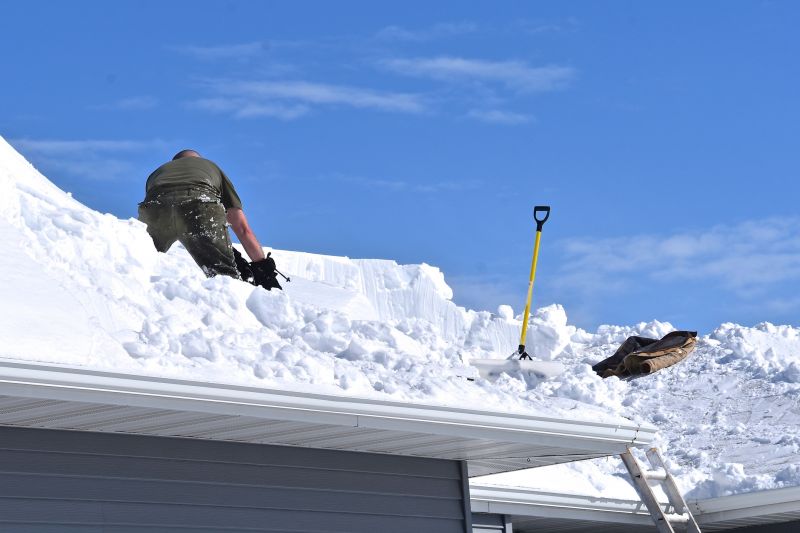
Limited to milder days, with careful planning required.
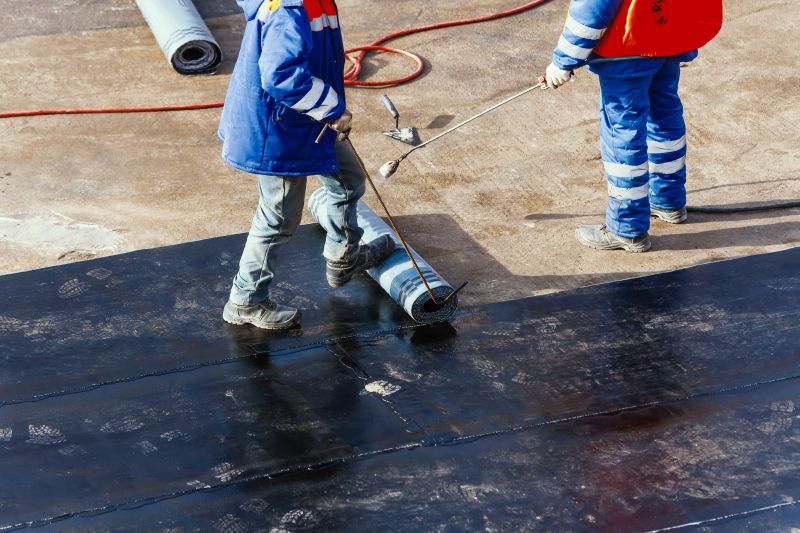
Material performance varies with temperature; choosing the right season enhances longevity.

Avoiding rain, snow, and extreme cold reduces project delays and material issues.
| Season | Ideal Conditions |
|---|---|
| Spring | Moderate temperatures, low rainfall |
| Summer | Warm weather, longer days |
| Fall | Cool, dry weather |
| Winter | Mild days, minimal snow |
| Late Spring | Optimal for most projects |
| Early Fall | Good for preparation before winter |
Roofing service encompasses a range of activities including repairs, replacements, and maintenance. Proper timing can extend the lifespan of roofing systems and prevent costly damages. Seasonal considerations influence the choice of materials, scheduling, and project duration. For example, asphalt shingles perform best in moderate temperatures, while metal roofing can be installed year-round with proper precautions.
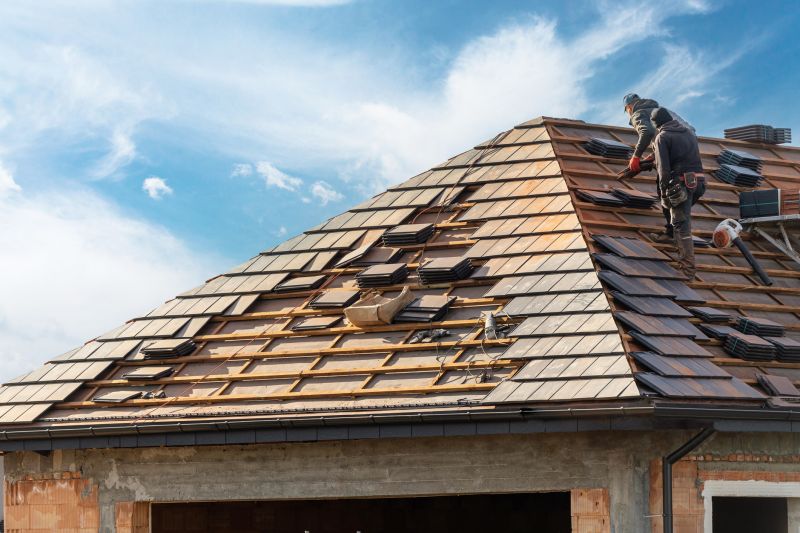
Professional roofing work underway during optimal weather conditions.
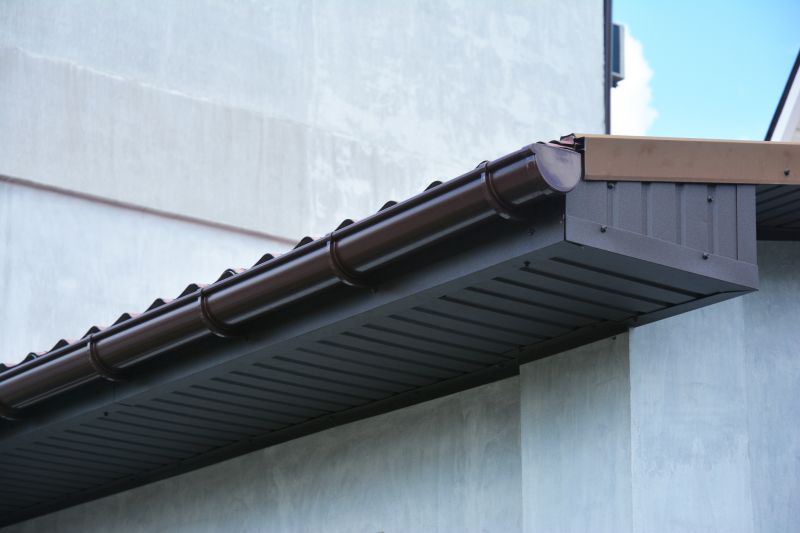
Showcasing a durable roofing system installed during favorable season.

Regular inspections help maintain roof integrity year-round.
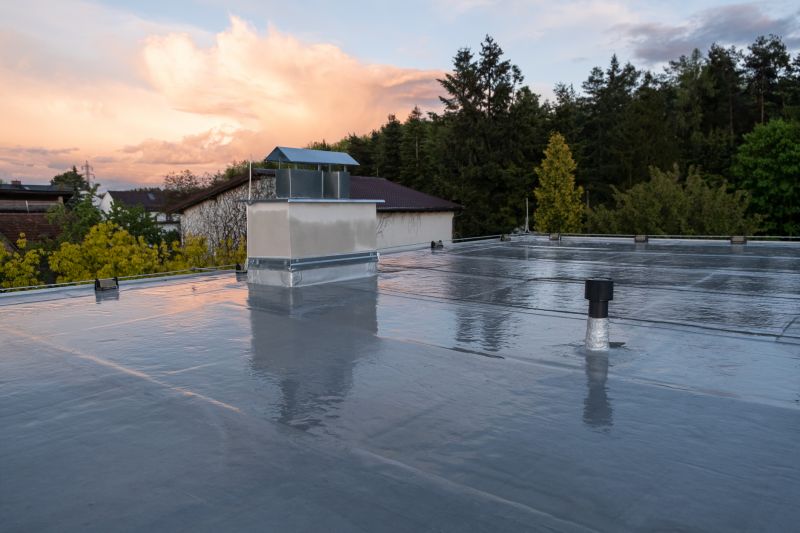
Selection based on seasonal performance and durability.
Scheduling roofing service during the appropriate season can lead to better results and longer-lasting roofs. It is advisable to plan projects in spring or fall when weather conditions are most stable. For urgent repairs, work may be scheduled during milder winter days, depending on the local climate.
Interested parties are encouraged to contact for more information or to schedule a roofing consultation. Proper timing and professional execution are key to maintaining the integrity and longevity of roofing systems.





